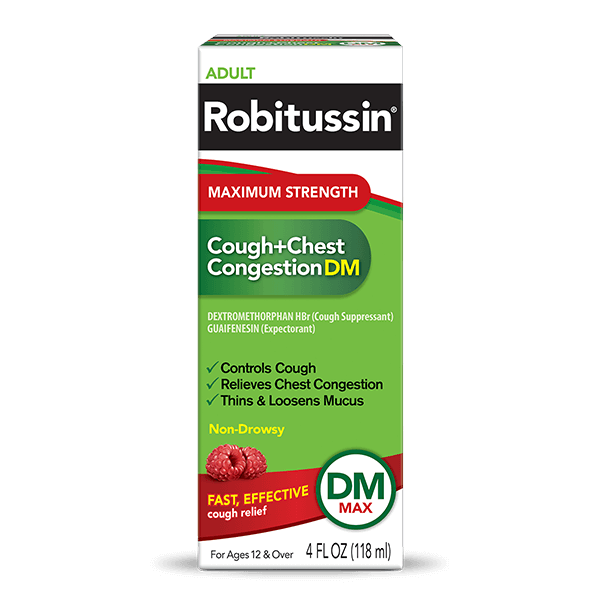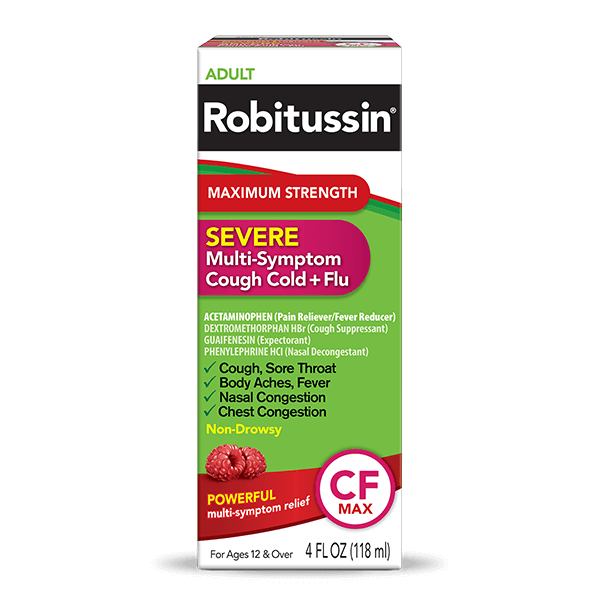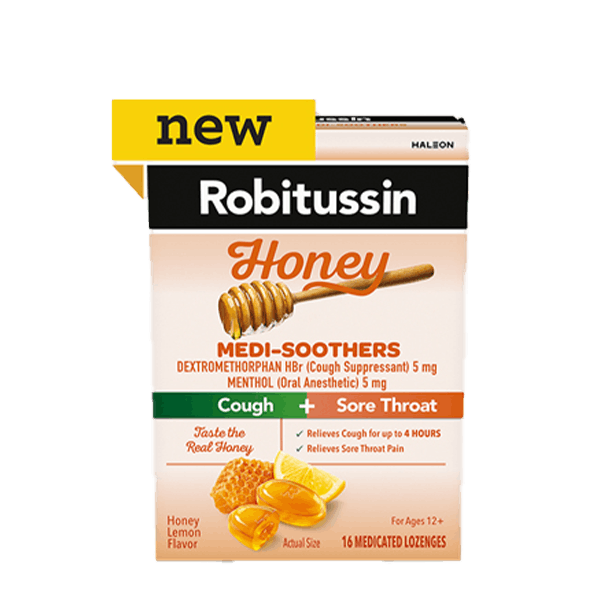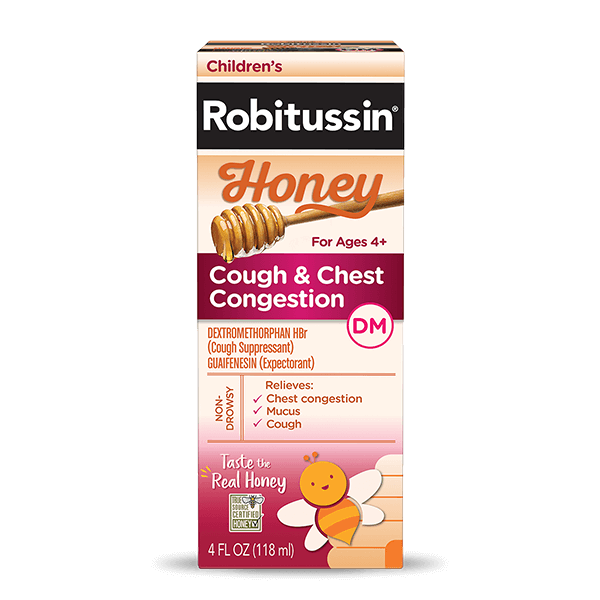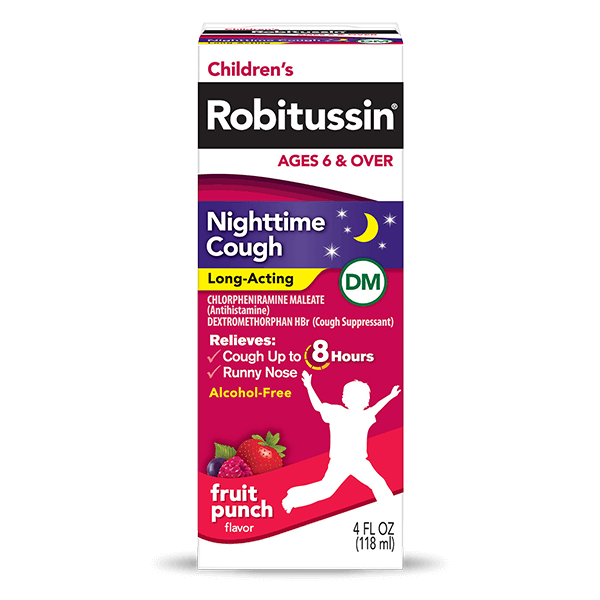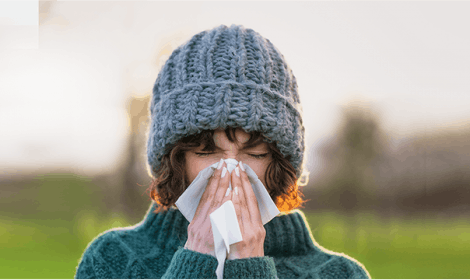What Your Cough is Telling You: Wet Cough Vs. Dry Cough
The cough reflex, which evolved along with the capacity for speech, carries clues about what may be ailing you. The two types of cough —wet cough and dry cough— are associated with different conditions. Here’s what your cough may be telling you:
Wet Cough
Wet coughs, often called productive coughs, clear mucus (or phlegm) from the upper airways. This clearing of the pathways is a natural cleansing process. Common conditions associated with this type of cough include:

The common cold
A cold is typically defined by a wet cough with a runny nose, sneezing, watery eyes, and postnasal drip (mucus running down the back of the throat).1
- Cause: Any of more than 200 contagious viruses; most common is rhinovirus with more than 100 distinct types!1
- Duration: Symptoms can last from 2 to 14 days, but most people recover within 10 days.2
- Treatment: Cough medicines like Robitussin contain effective active ingredients to help manage your symptoms. Expectorants, such as guaifenesin, can help you "cough up" or expectorate the mucus. Antitussives, such as dextromethorphan, can be used to treat your cough. Important note: Because colds are caused by viruses, antibiotics (which kill bacteria but not viruses) will not cure colds.2
Dry Cough
A dry cough or "hack" does not produce noticeable mucus and is associated with a tickling sensation in the chest.3 You may try to clear your throat by forcefully coughing, which can cause your throat to become dry and irritated, leading to a sore throat.3 Common conditions associated with this type of cough include:
Allergies
A dry cough often accompanied by sneezing and watery eyes is typically an indicator of allergies.4
- Cause: Inflammation and a swelling or narrowing of the airways due to an immune response. Not contagious.54
- Duration: Can develop at any age and can be life-threatening if not properly treated.
- Treatment: Antihistamines, nasal steroids, decongestants, immunotherapy (allergy shots), or avoidance of the allergen altogether.
If you’re managing a productive or unproductive cough, it’s important to figure out the cause of your symptoms before attempting to treat them. Adults can find powerful relief for coughs associated with the symptoms of a cold or flu with products like Robitussin Maximum Strength Cough and Chest Congestion DM.
Source Citations:
- Facts About the Common Cold. American Lung Association. https://www.lung.org/lung-health-diseases/lung-disease-lookup/facts-about-the-common-cold. Accessed 8/7/2023.
- Common Cold. National Library of Medicine. https://medlineplus.gov/commoncold.html. Accessed 8/7/23.
- Dry Cough and Chest Tightness. Cleveland Clinic. https://my.clevelandclinic.org/health/symptoms/21888-dry-cough-and-chest-tightness. Accessed 8/14/2023.
- Allergens and Allergic Asthma. Asthma and Allergy Foundation of America. https://aafa.org/asthma/asthma-triggers-causes/allergic-asthma/. Accessed 8/14/2023.
